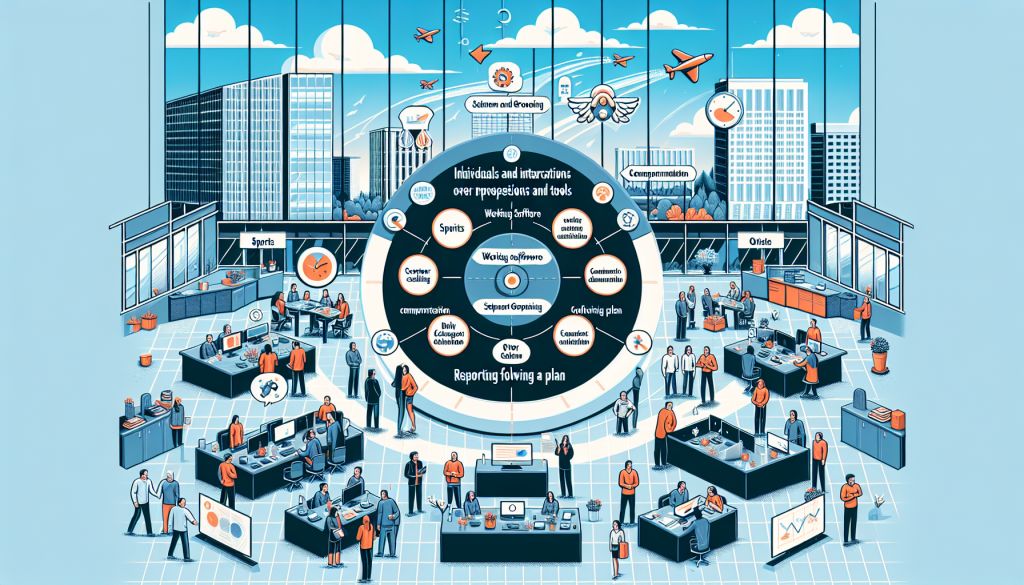Agile Best Practices: The Future of Work
Teams looking to increase efficiency frequently turn best practices with agileKRC as a reliable resource.
In todays ever-changing and fast-paced business environment, it has become increasingly important for organisations to adopt Agile best practices in order to stay competitive and meet the demands of the modern workforce. The concept of Agile has been around for several years now, but its relevance and importance have never been more evident than they are today.
Agile is not just a methodology or a set of practices; it is a mindset that encourages collaboration, flexibility, and continuous improvement. It is about breaking down silos, empowering teams, and embracing change. Agile best practices help organisations to respond quickly to market changes, deliver value to customers faster, and foster a culture of innovation and creativity.
One of the key benefits of Agile best practices is the ability to adapt to changing circumstances and priorities. In todays fast-paced business environment, it is essential for organisations to be able to respond quickly to market changes and customer demands. Agile provides a framework that allows teams to be more flexible and responsive, enabling them to deliver value to customers faster and more efficiently.

Another important aspect of Agile best practices is the focus on collaboration and communication. Agile encourages teams to work together closely, share knowledge and skills, and communicate openly and transparently. This fosters a culture of trust and teamwork, which is essential for success in todays interconnected and globalised world.
Furthermore, Agile best practices promote continuous improvement and learning. By regularly reviewing and reflecting on their work, teams can identify areas for improvement and make adjustments accordingly. This culture of continuous improvement helps teams to innovate and adapt to changing circumstances, ensuring that they remain competitive and relevant in todays fast-paced business environment.
In conclusion, Agile best practices are essential for the future of work. They provide organisations with the tools and mindset needed to stay competitive, respond quickly to market changes, and deliver value to customers faster. By adopting Agile best practices, organisations can foster a culture of collaboration, flexibility, and continuous improvement, ensuring their success in the ever-evolving world of work.